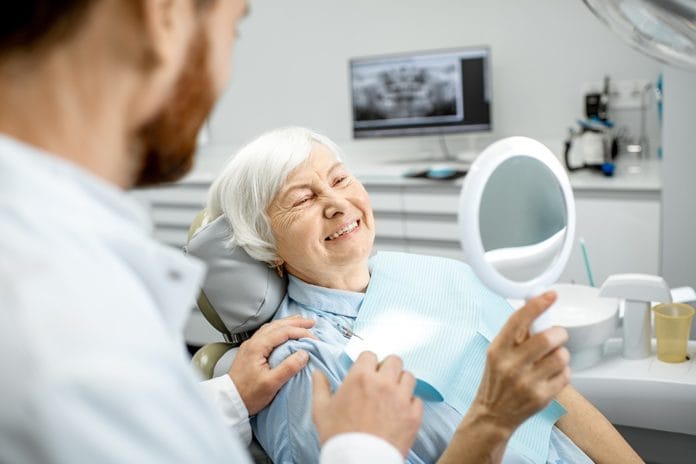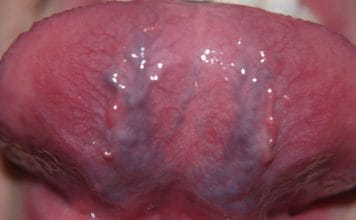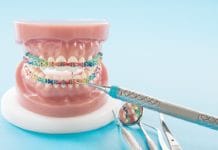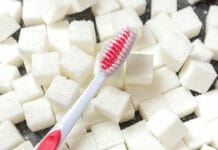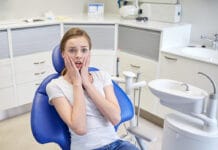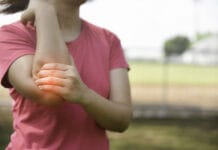Have you heard “I’m too old for x-rays!” from a geriatric patient? Age is but a number, and it is not an excuse for below standard of care. Quality dental care is always a must, no matter the age.
First, who is categorized as a geriatric? On average, adults older than age 65 can be grouped in this category. According to the Pew Research Center, there are roughly 74 million baby boomers (individuals born between 1946-1964) in the United States.1 The baby boomer generation is one of the largest age populations in the world (closely competing with the millennials), primarily due to the increase of birth rates after World War II.
In my experience, here are a few things you should consider when treating this specific population:
Longer Medical Histories
With any patient, a thorough review of medical history should be done. But it is likely that an older individual will have a more in-depth medical history. This may include a lengthier (and complex) list of medications and health conditions.
Rather than asking, “Are there any medical changes?” that solicits a yes or no answer, show them their medical history paperwork/medication list as a visual. They may even have an updated list or prescriptions (or empty prescription bottles) on hand. I have seen patients who have all of their important medical information (allergies, physician’s contact information, health conditions, medications with dosages) on their person or wallet.
It is extremely important to be aware of your patients’ medical conditions and medications, which then will affect their dental treatment at each appointment. Here are some “red flags” that should create alerts in your head that will affect dental treatment:
- Do they have respiratory issues, such as COPD? This patient may need to be in a semi-supine chair position rather than fully supine. When patients require a different chair position, such as semi-supine, you may need to stand during the appointment. If standing is required, make sure the height of the chair is also comfortable (and ergonomic) for you. You definitely should not be bending, twisting, or hunching over, which could increase your risk of musculoskeletal injury.
- Do they present with dementia or another type of memory condition?
Understand their Abilities, Limitations, and Mobility at Home
Evaluating a geriatric patient’s dexterity and home care is so important. If they physically cannot move their hands, arms or wrists well, some recommendations could be an electric toothbrush, a toothbrush with a thicker handle, flossing aids with long handles, or interdental brushes. One classic textbook suggestion is attaching a tennis ball to a toothbrush.
Because of their limitations, they may present at their recall appointments with a larger amount of generalized biofilm and/or calculus. In this type of situation, a more frequent recall would be beneficial. At every recall appointment, oral hygiene instruction and demonstrations of the homecare technique should occur.
Partial Edentulous and Fully Edentulous Patients
Many patients have had experience with tooth loss. With tooth loss (such as extractions) comes bone loss, dentures, partials, and other necessary dental appliances. An evaluation and caring for their appliances at recalls are also a great opportunity for discussion between you and your patient. Cleaning their partial in the ultrasonic bath while you complete the rest of appointment helps them get back to a better oral health start compared to when they walked in.
Some things to keep in mind dental appliances are:
- Is the appliance broken in any way? If so, why may it be broken? Did the patient drop it or make their own customizations to it (like DIY)?
- Is a tooth on the denture chipped?
- Is the appliance covered in plaque? Calculus?
- Is their gingiva and surrounding tissues inflamed, sore, or tender? Is there a change in gingival color or texture?
Reviewing appliance care is part of OHI. Some questions to ask to start the conversations could be:
- What are you doing at home to care for and clean your dental appliance?
- Do you take out your appliance out at night? If not at night, are you taking it out for adequate time during the day?
It is important to let the gingiva “breathe.” This is also the opportunity to soak the dental appliance overnight, so it has enough time to clean. Additionally, keep in mind how much denture adhesive they are using each day. Are they using too much? Should their denture be relined?
Dry Mouth
Many of you know how important knowing medications our patients are taking each day. This should include understanding the side effects of medications. One of the big ones is xerostomia. Taking diuretics? Xerostomia. Antihistamines? Xerostomia. Can’t you hear it now, Oprah saying, “You get dry mouth! You get dry mouth!”
Some treatment options you can recommend are frequent water drinking throughout the day, dry mouth mouthwashes, dry mouth sprays, xerostomia mints or lozenges (sugar-free, of course), or xylitol (lollipops, gums, mints, etc.).
Family and Caregivers
Like I mentioned previously, patients with health conditions affecting their mind or memory may need physical reminders or more assistance. A caregiver may be involved with the patient’s daily routine. A caregiver can be a health-care professional or a family member.
When reviewing home care with a patient, it is important to have the caregiver involved in the conversation. Have them in the room with you and the patient. It is also helpful to print out what was discussed, such as recommendations, method/techniques, reminders about the patient’s care.
Emphasize the importance of homecare with caregivers. You may need to evaluate the caregiver’s values in dental care. I say this because there may be some caregivers who forget or don’t consistently help the patient with brushing, cleaning interdentally, or denture maintenance. I have had to debride full dentures covered in food debris, calculus, and, of course, tons of plaque. It is very upsetting to think that a person had that denture in their mouth in that poor of a condition.
Another situation I witnessed was a patient who had not had any dental care in two years. This geriatric patient presented with very heavy, tenacious calculus, and poor oral hygiene. The patient’s daughter was with them at the appointment. The daughter did question if there was a need for a doctor’s exam. Well, yes, there is a need for an exam. This patient hadn’t had any dental intervention in two years (that’s four missed hygiene appointments minimally), plus it was two dental professionals who had to treat this patient because of the difficulty.
Geriatric patients may have a laundry list of medications and dental considerations, but many have an open ear when it comes to their health. They strive to live happy, healthy lives, and it is our jobs to provide them with the best care in the office and give them the tools they can take home with them.
Now Listen to the Today’s RDH Dental Hygiene Podcast Below:
Reference
1. Fry, R. (2018, March 01). Millennials projected to overtake Baby Boomers as America’s largest generation Retrieved from https://www.pewresearch.org/fact-tank/2018/03/01/millennials-overtake-baby-boomers/

